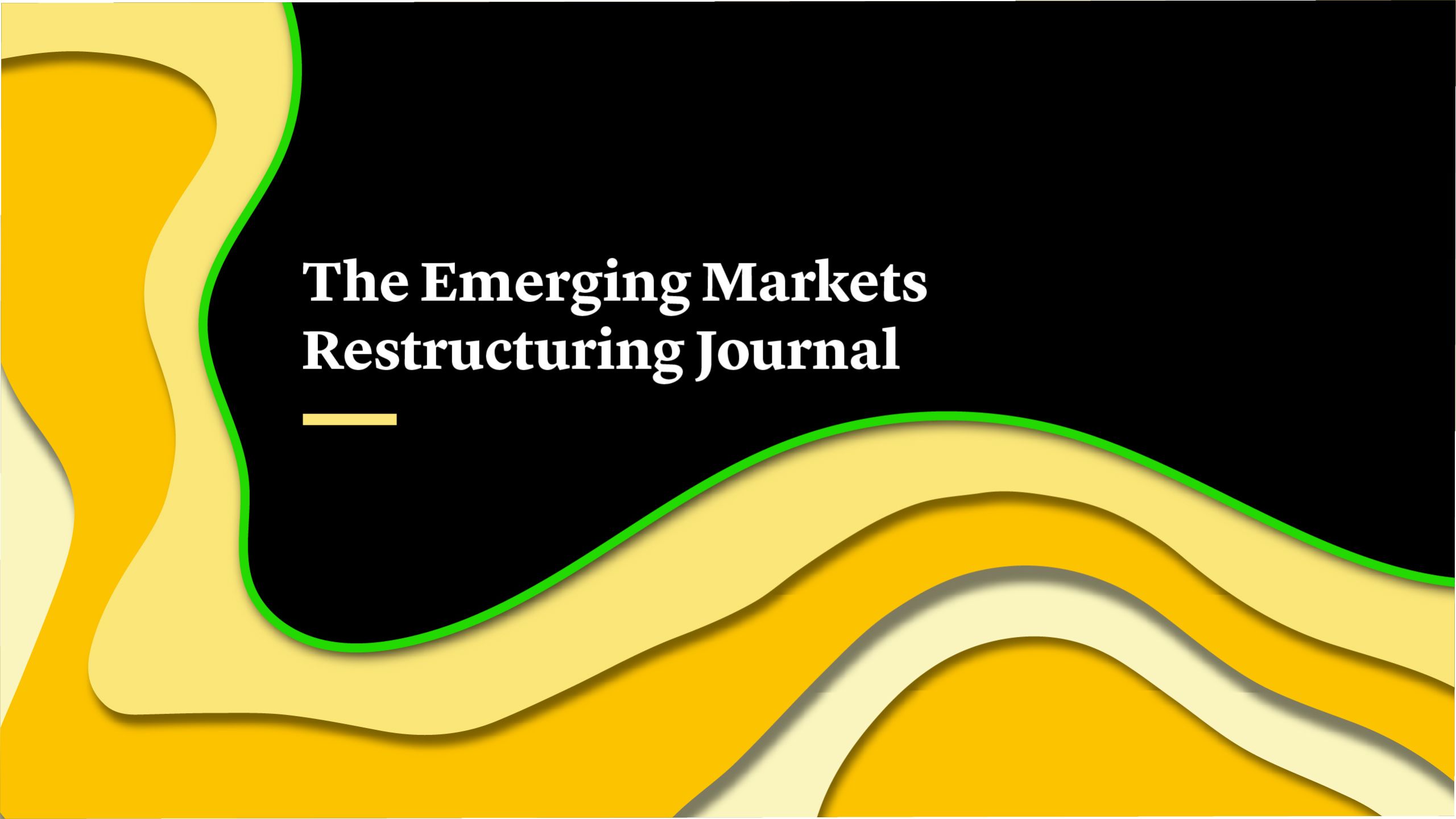




It is an understatement to say that 2020 was an unprecedented year. Economies were brought to a near halt by the spread of the COVID-19 virus across countries and then continents. As governments sought to suppress the exponential rise in coronavirus cases, global lockdowns were implemented, resulting in disruptions of lives and livelihoods. And the world watched with bated breath as the contentious U.S. elections unfolded and a Biden presidency was announced.
The unexpected exogenous shock of the pandemic has made this a difficult year for emerging markets. Investors responded to the first wave of the pandemic in March with panic, and an estimated $90 billion left emerging economies’ stock and bond markets, according to the Institute of International Finance (IIF). By October, Fitch Ratings had made 35 downgrades of emerging market sovereigns and placed 30 emerging market sovereigns on a negative outlook, suggesting more downgrades are likely in the near term. On the other hand, an infusion of liquidity in the corporate debt markets has kept the spigots flowing to many emerging markets issuers, in some cases delaying or avoiding business model reckonings that were expected with the global shutdown.
The effects of the pandemic, and the resultant actions by different countries serve as crucial reminders that emerging markets are not homogenous. Well-developed markets such as China and Korea have weathered the crisis better than poorer emerging market countries. The latter have struggled to stimulate their economies with the same monetary and fiscal policies that the governments of more developed countries have been able to manipulate. Yet despite the relatively low levels of fiscal stimulus, many of these countries have found themselves facing more onerous debt obligations as their incomes have dried up.
While emerging markets have struggled with generating revenue, access to funding has been relatively strong. The IMF, World Bank and various multilateral institutions have stepped in to plug the gap. The IMF alone has lent $89 billion to countries in financial distress. The Fed also provided countries such as Brazil, Mexico and South Korea with currency swap lines, and allowed several central banks to temporarily exchange US Treasuries for cash. Emerging economies have worked to make the most of the additional lines of credit, raising roughly $145 billion on international bond markets between January and September 2020, and an additional $620 billion on domestic markets, according to the IIF. This a $135 billion increase from the same period last year.
As with past issues, we are once again covering restructuring from a global perspective. In Russia, we examine amendments proposed just before the pandemic took hold that sought to simplify bankruptcy processes and create sustainable paths away from liquidation. Our article on Kazakh reforms similarly points to efforts to create a more straightforward resolution process with clearer standards. Poland has also taken up the mantle of modernization with changes to the law intended to make the “prepack sale” process more transparent, as our article reports. In our Africa dispatch, we examine some of the tensions between private and public sector creditors in sovereign debt restructurings, while in Barbados we examine the use of the “natural disaster clause” in sovereign debt contracts. This issue takes us to the central Andean region of Latin America, with articles on emergency bankruptcy proceedings in Colombia (an innovation provoked by the COVID-19 pandemic) as well as an overview of the Ecuadorian insolvency law.
We hope that you enjoy this issue of the EMRJ – whether in your office or home – and look forward to connecting with you on restructuring issues anew this year.

